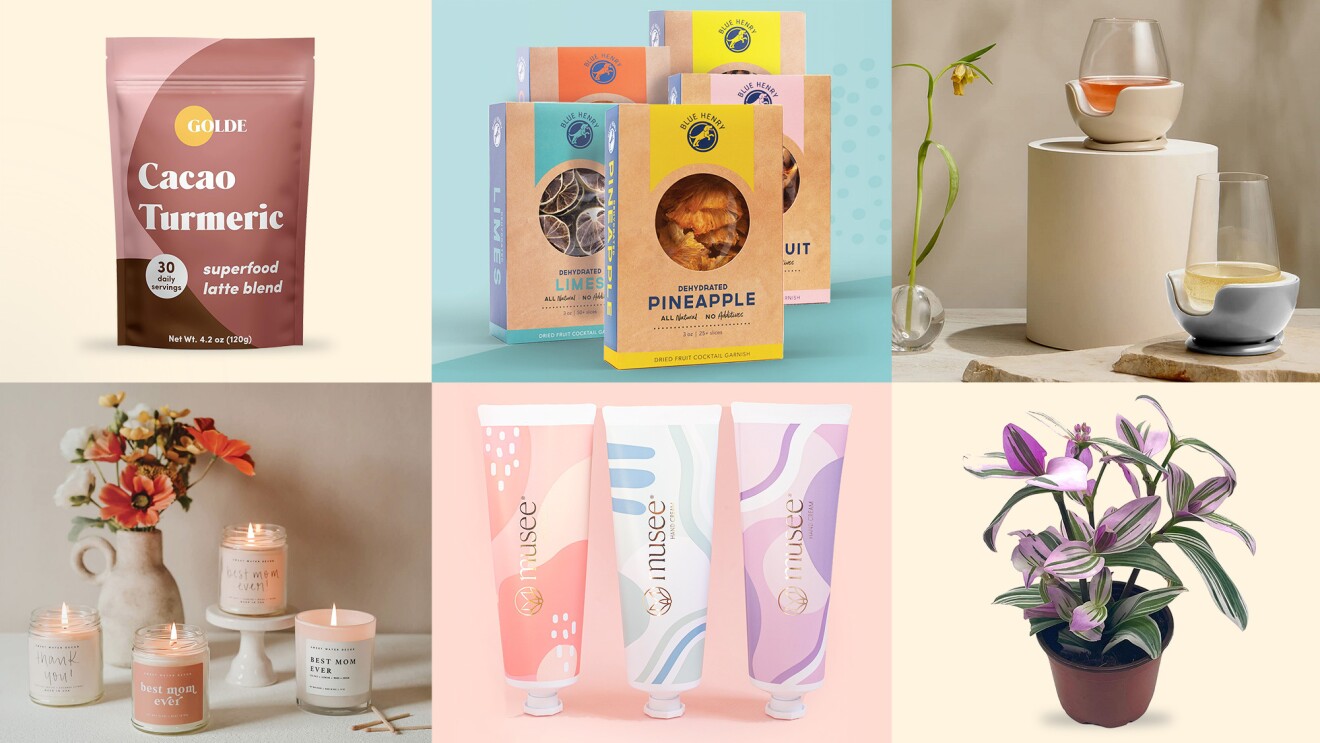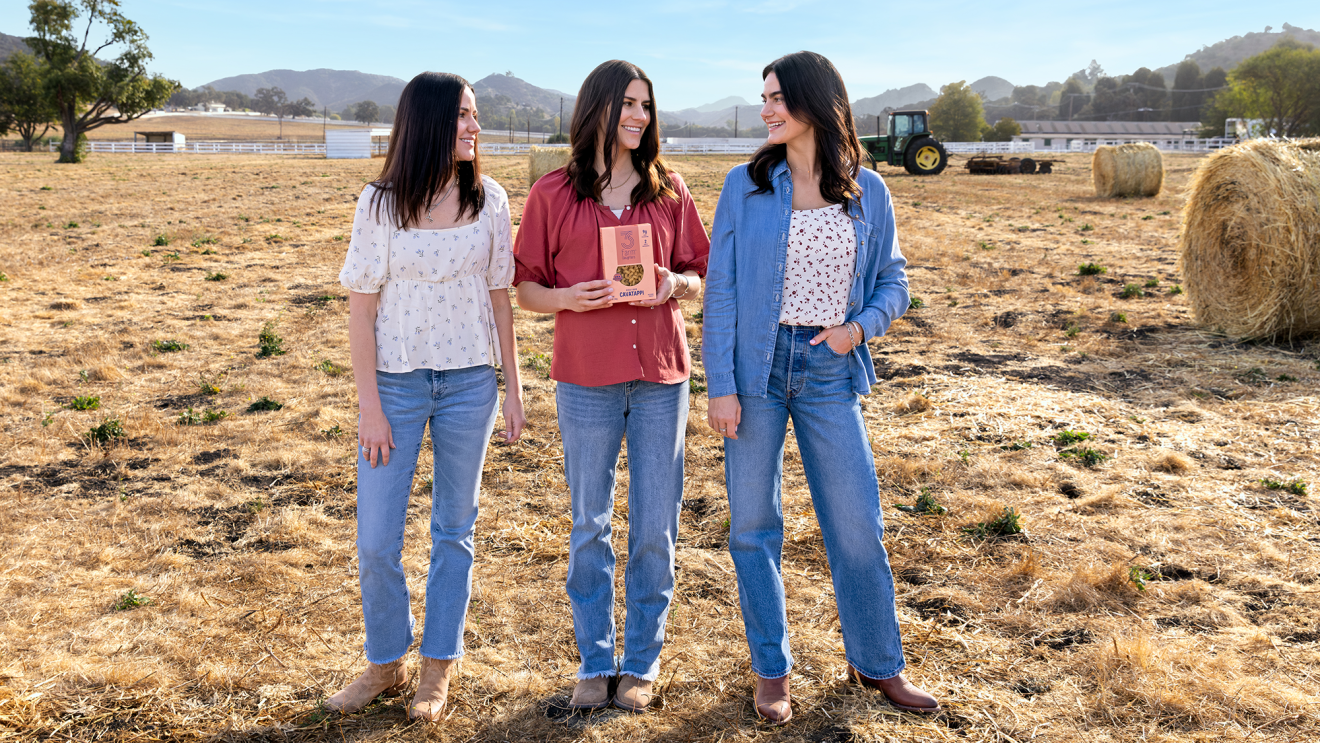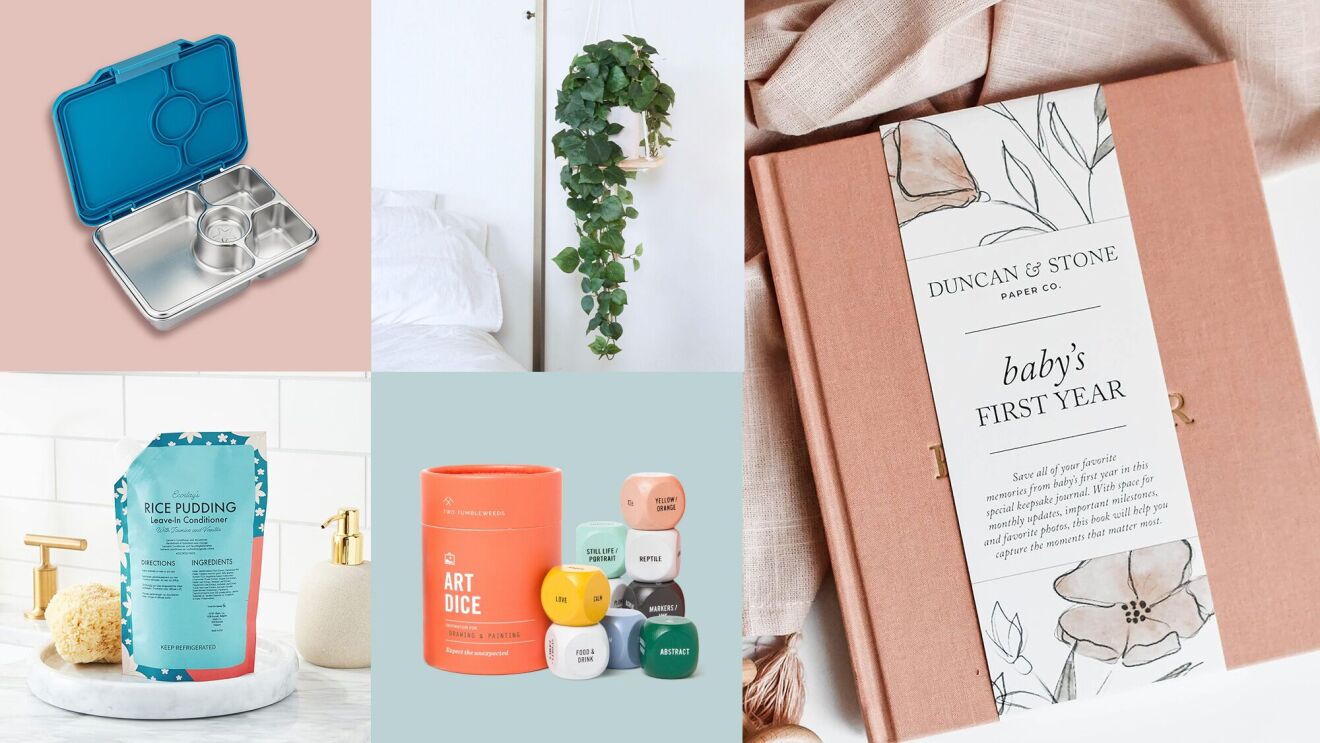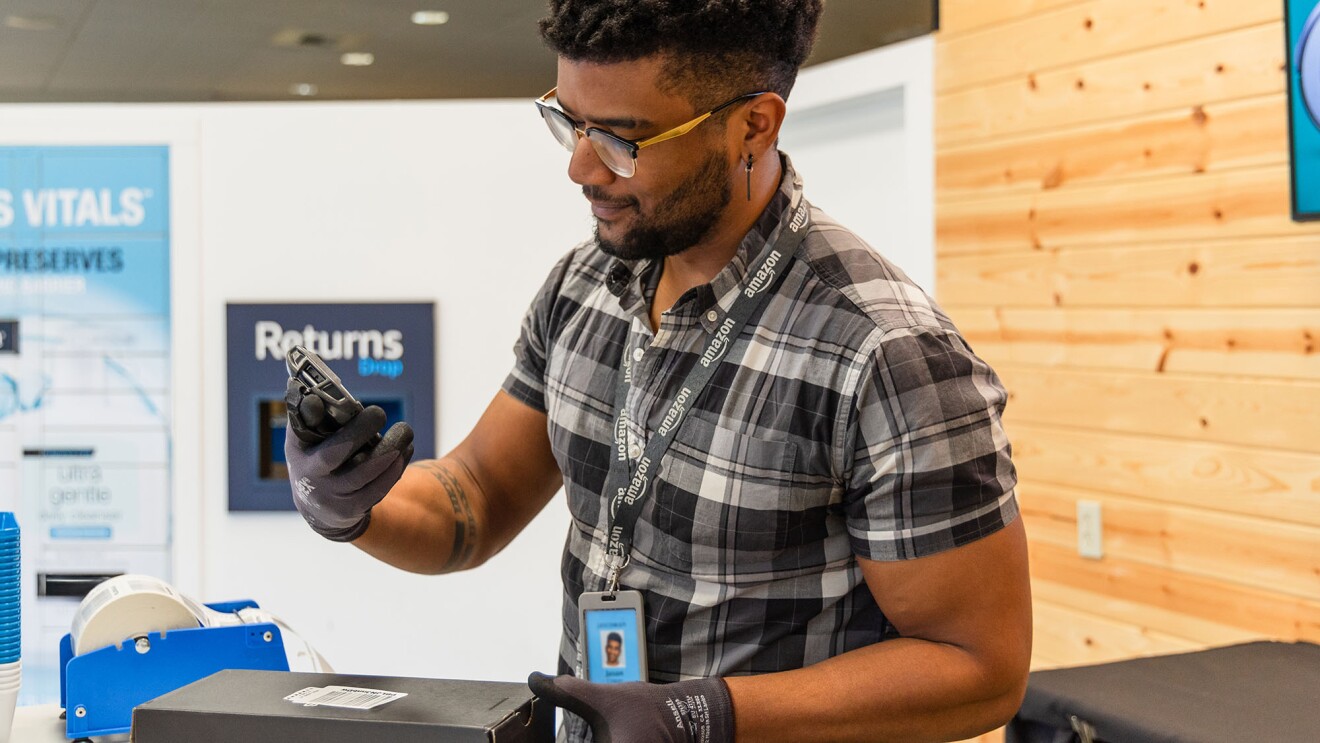Whether he’s walking to his home in San Francisco’s Telegraph Hill neighborhood, to his morning run through mist in the Marina, or to his office space in the Tenderloin, Alex McIntosh has a noticeable attribute.
He’s bendy.
The 6-foot-3-inch entrepreneur is constantly bending, reaching to the ground to scoop up small piles of trash.
“It’s a beautiful idea,” he said. “This idea that you can actually leave things better than you found them.”
That concept means more to McIntosh than removing scraps from a city street. It was the reason he left his well-paying corporate job and bet his future on two plants and rural farmers in Costa Rica.
“This was my vision,” he said, “to build a company in a very fast-growing category, making products that I feel needed to be out there that weren't.”
01 / 05
Thrive, McIntosh’s natural skin-care line for men, uses ingredients sourced through a regenerative farming model – a process that restores the soil by leaving it more enriched.
“We're growing these plants in a really unusual way,” McIntosh said. “It makes them really potent, and very high quality.”
Juanilama and Fierillo are the herb and vine that McIntosh and his chemists selected in their examination of 1,000 plants. McIntosh says their oils reduce redness and irritation and the ingredients are more effective than synthetic equivalents.
“When a customer is buying Thrive, they're literally pulling this whole system through,” he said. “Plants that are planted in Costa Rica are regenerating the soil and giving farmers more money for their livelihood, and employing female entrepreneurs who are creating these amazing formulas around it. All of this stuff is bottled up in this tube.”
It’s a beautiful idea. This idea that you can actually leave things better than you found them.
Thrive founder Alex McIntosh
Had he known how difficult it would be to start a regenerative farming company in a foreign country, commercialize two plants, and sell in the shave and skin-care category, McIntosh may not have taken it all on at once. He visited seven farms in Costa Rica; he went looking for partnership, but his 25 years of business and environmental experience seemed to get him nowhere.
“At one point, we were chased by a pack of dogs down this country road,” he said. “We got to the second to last farm, and it just was not a good fit. And, I remember thinking, ‘Why have I left my job? What am I doing here? This doesn't make any sense. This whole business model and trying to find places to restore, to grow these plants.’ It was really demoralizing.”
Five years later, Thrive is thriving. The San Francisco-based company’s DNA is Costa Rica and its team of local entrepreneurs, chemists, ecologists, traditional herbalists, and rural farmers. Thrive partners with Coopecuna, a cooperative of 28 families whose president is Guiselle Mora.
“She interviewed me,” McIntosh said. “She gave me the third degree for a couple hours to make sure that we were the real deal, and that we weren't going to come down and set them up for a lot of work and then leave.”
McIntosh says Coopecuna is regenerating 10 times the land that they were two years ago, and that the average income has increased substantially in the last year.
McIntosh insists that collaboration is critical to leaving the earth better than we found it.
“There are some very passionate people inside Amazon, and they've really helped us think through how to optimize our entire selling on Amazon. And last year, our business went up 500 percent as a result,” said McIntosh.
Thrive began converting its line into recycled packaging. What’s being sold this spring is made of about 70 percent recycled plastic. It’s a big step toward its ultimate goal of leaving a positive footprint.
McIntosh said eight to 10 things still go wrong in a day and the stresses of operating a small business send him on long runs and into reflection. But he has a bathroom shelf filled with his own skin-care line.
“Guys like it, and they respond to it,” he said. “But a lot of our purchases come from women who are buying it for their boyfriend, for their husband, because they know that it's healthy. They look at the ingredients and they love the mission and they want their guy to use it.”
Thrive is sold on Amazon and at more than 60 Whole Foods Markets from Seattle to California. Thrive's products are certified Premium Body Care products at Whole Foods Markets, their highest level of certification for efficacy, safety and sustainability.













